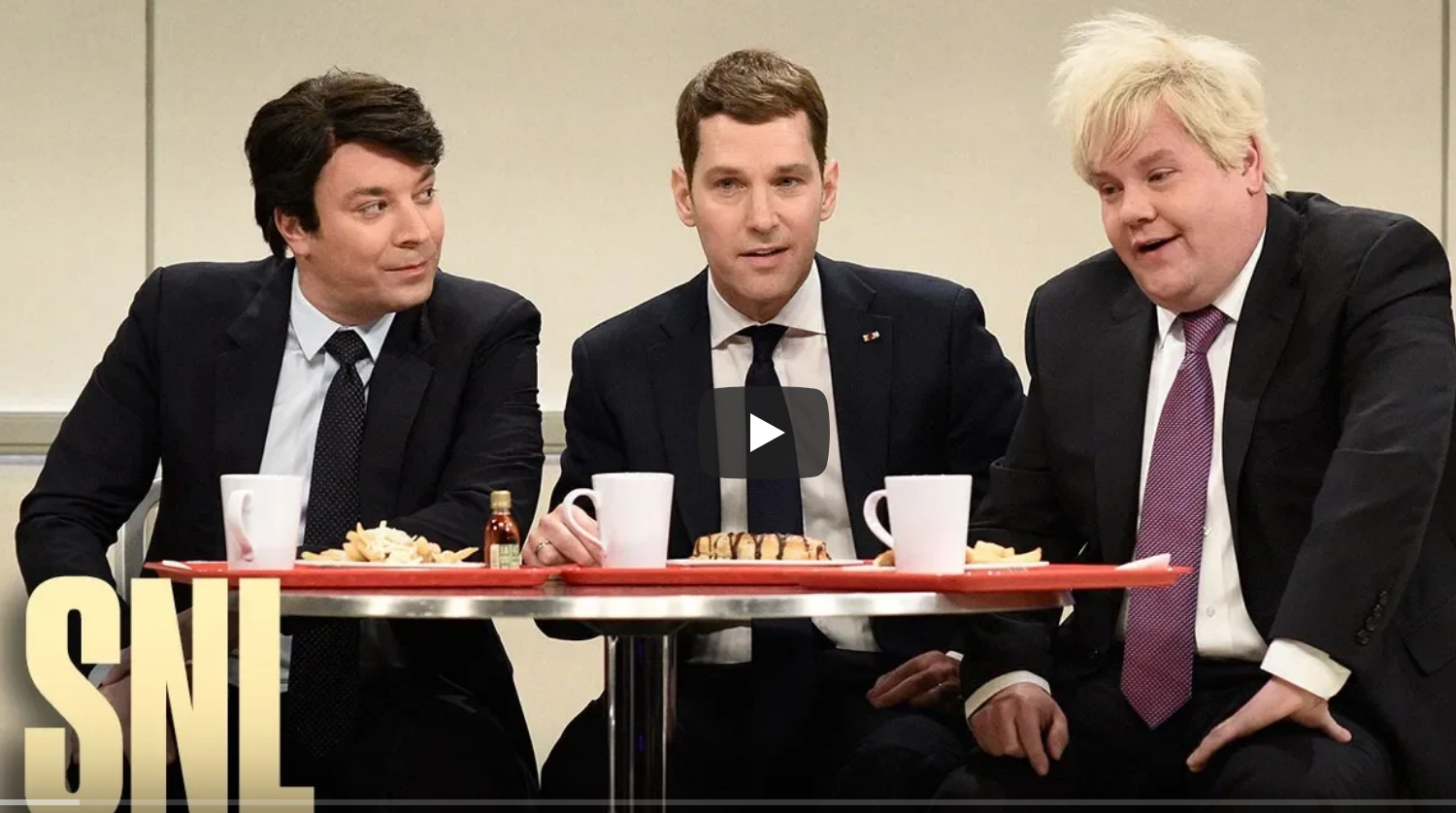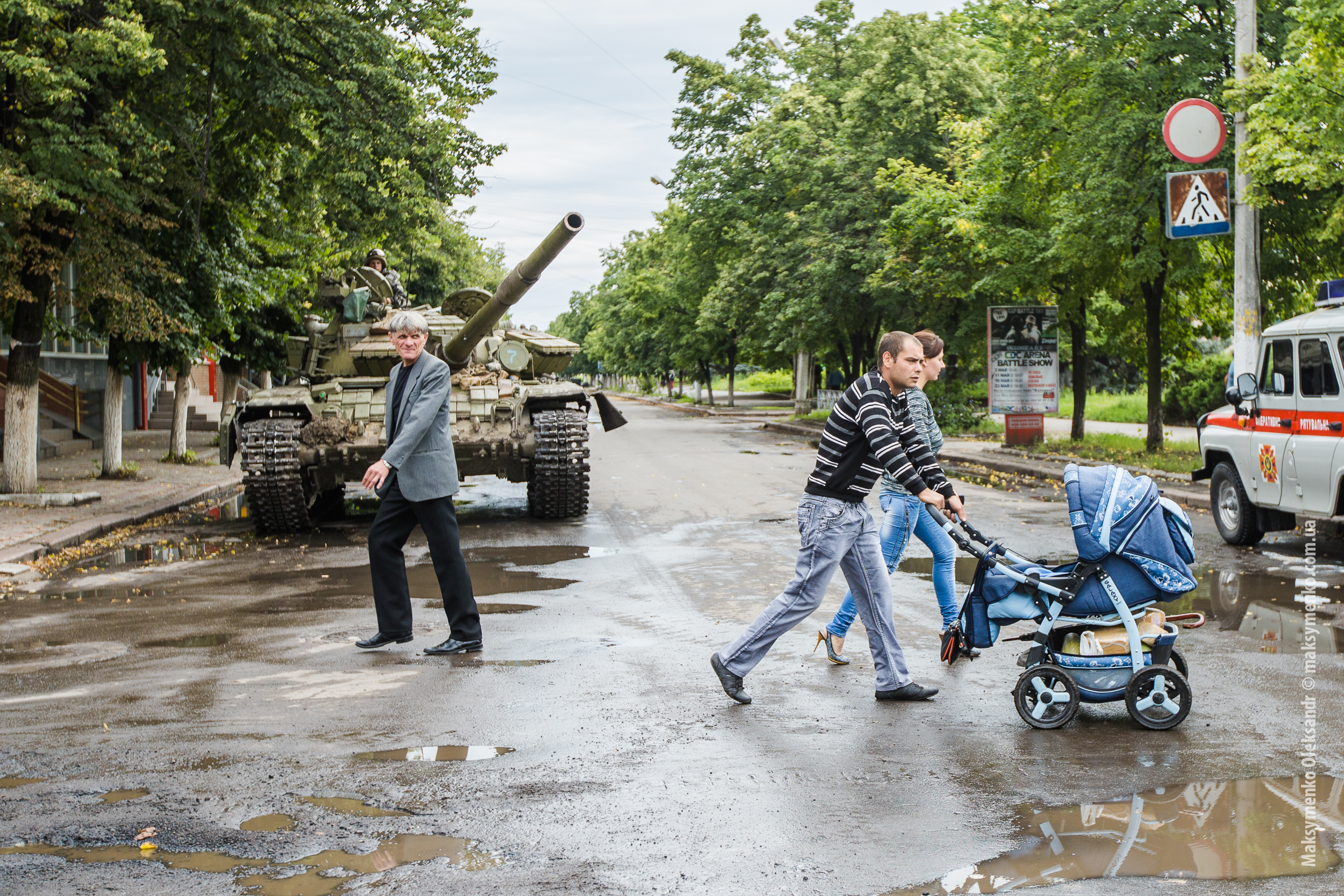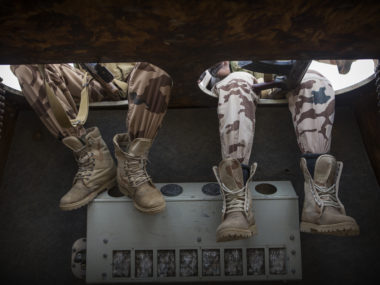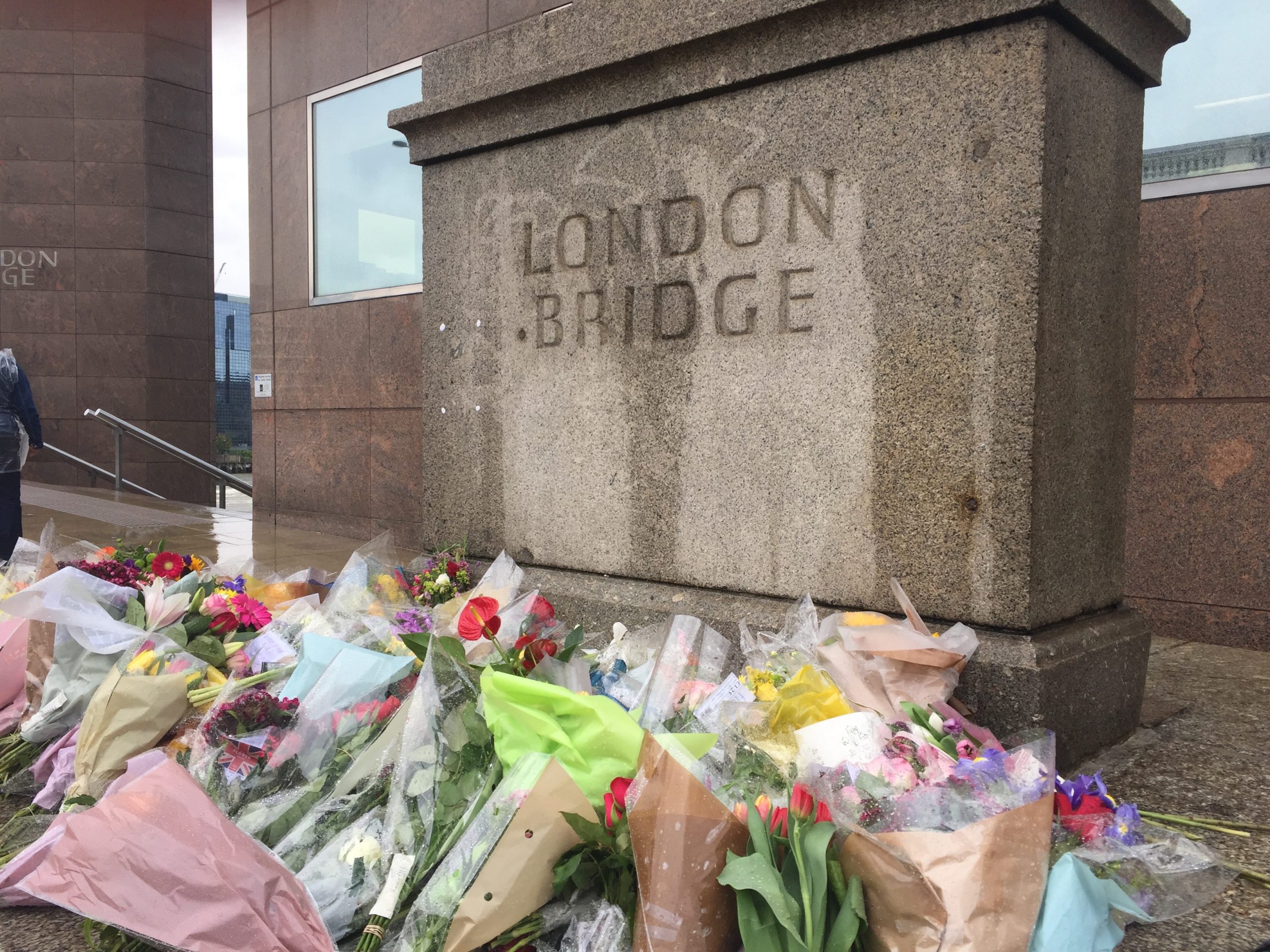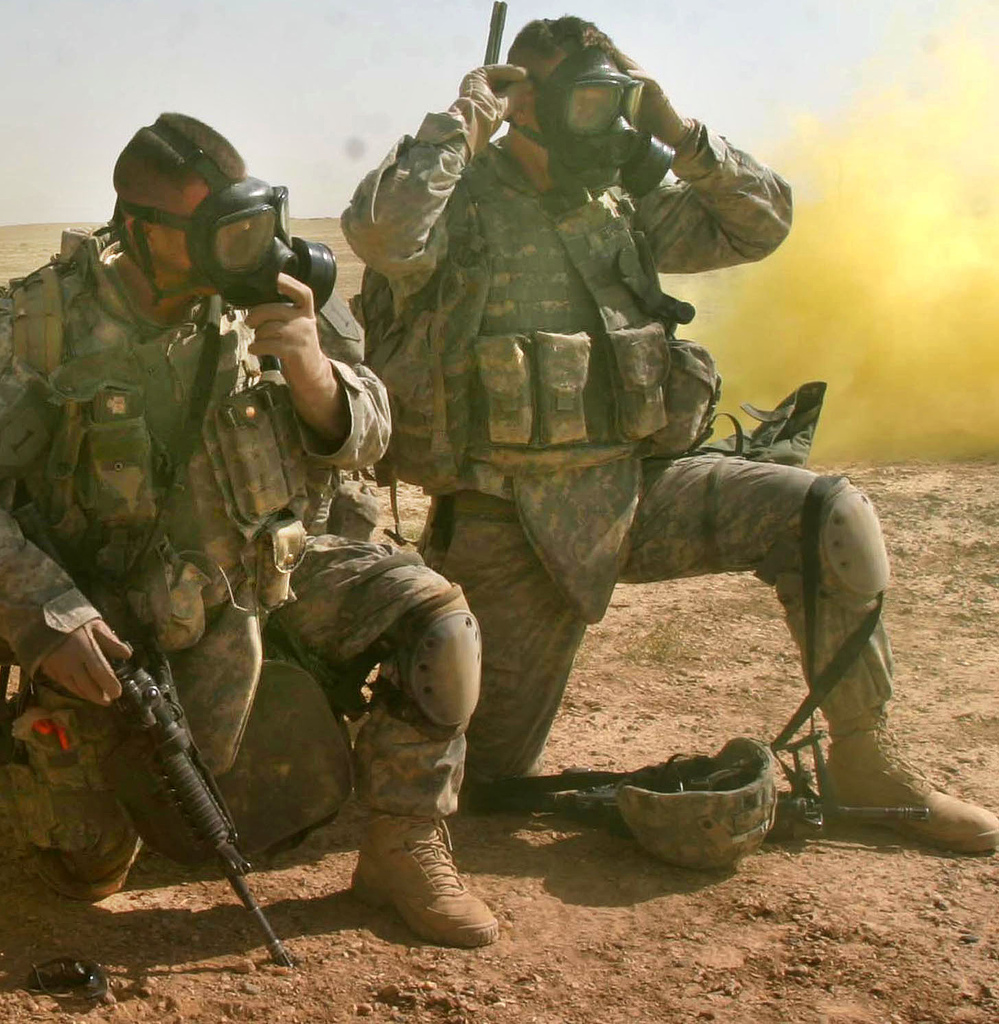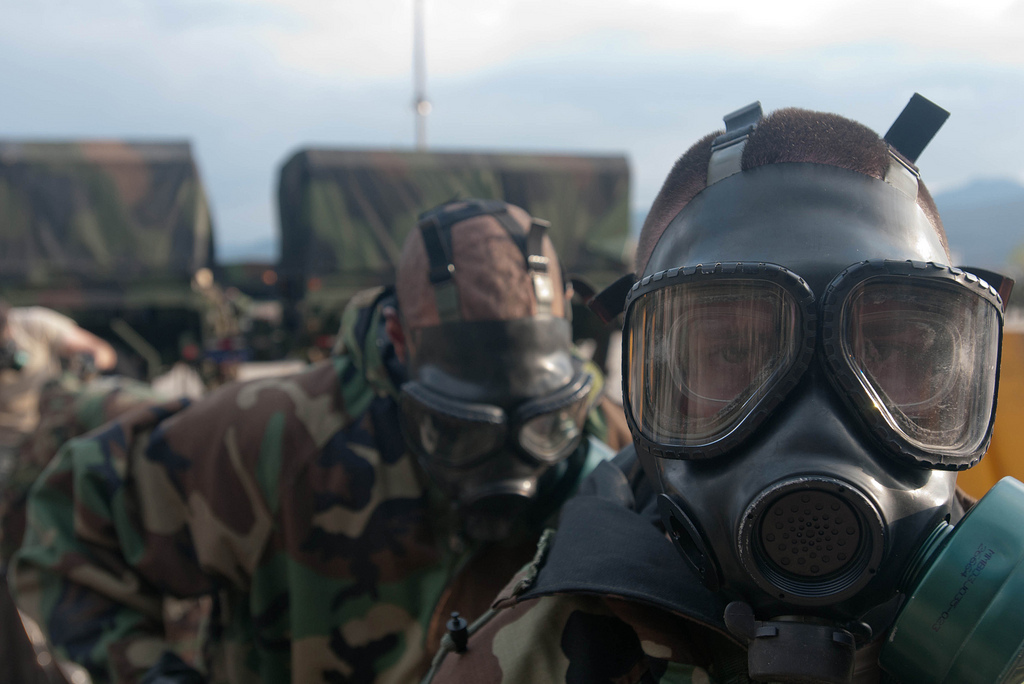Saturday Night Live may have accidentally captured a bit of the truth of International Relations. The clever sketch portrays NATO as if it were high school, with a cool kids table featuring Canadian Prime Minister Justin Trudeau, French President Emmanuel Macron, and British Prime Minister Boris Johnson. Eventually, German Chancellor Angela Merkel is invited to join, while President Trump is left to hang out with “loser” Latvia.
With a few quibbles, this is how NATO used to operate—with the US at the cool kids table and “mini-lateralism” pushing multilateralism. To push major initiatives forward, a small group of allies would work together to develop an agenda that, once agreed upon, was presented to the rest of the alliance. While these mini-groups were ostensibly led by the US, in my experience on the US Joint Staff, there was a well-coordinated British effort to get the US to do its bidding.
Here’s an example. In 2001-2002, NATO members became concerned that three separate operations in the Balkans—Stabilization Force in Bosnia, the Kosovo Force, and Operation Essential Harvest in Macedonia—were too expensive, and that a single NATO effort would be more cost-effective. There were many meetings to “regionalize” the NATO effort in the Balkans, with the idea of centralizing things at NATO’s HQ in Naples and developing a better division of labor. The so-called QUINT—the US, UK, France, Germany, and Italy, who had the biggest contingents—were the driving force behind much of this, with the US in the lead.
What is less well known is that much of this was in fact not driven by the US, but by the UK, who had troops in both Bosnia and Kosovo and desperately wanted to reduce costs by being in one country rather than both. So, the British developed a well-coordinated effort to push their agenda, disguised by this larger argument about efficiencies, to get out of Kosovo. This was most problematic to the French because it meant they would be alone in the most difficult part of Kosovo—Mitrovica, where the Serbs and Albanians bordered each other.
This British effort to work the system, coordinating their personnel in Naples and the various HQ’s in the Balkans, with diplomats in Brussels and DC, was best symbolized by something that happened in the Joint Staff in DC. One day, an early draft of the plan was found on one of the chairs in the Central and Eastern European Division of the Strategic Planning and Policy Directorate of the Joint Staff—where I was working. We wondered where it came from, but then we realized that the British Defense Attaché had been in the office earlier that day. This is exactly how NATO worked—small groups of “cool kids” worked together, with their coolness defined by how much they brought to the mission, and imposed their will gently (or not) on the rest of the high school alliance.
In Afghanistan, the group of cool kids was different—it wasn’t just the size of the contingent that determined membership, but what they were doing. In this case, the US and UK were central players because they had large contingents and were relatively unrestricted by domestically imposed caveats (i.e., things like where they could operate, whether they could engage in offensive operations, etc.). The Canadians, while they were in Kandahar, were in the cool club as well, because they were willing to move around the southern region to help out whoever needed it. The Germans and Italians? They had the third and fourth largest contingents, but got moved to the sorta-cool-kids table (where Merkel started in the SNL skit?) because they didn’t have as much freedom to operate and couldn’t contribute as much to the fight. The French? Off in a corner since Chirac was angry at Bush for launching the invasion of Iraq in 2003. Sarkozy got France a seat back at the cool kids table as he removed the restrictions, making France a more valuable player.
Now? How are things different? In mirroring the current state of affairs, both US leadership and clever British manipulation were absent from the SNL sketch, and NATO is, in Macron’s words, brain dead. Neither the US nor the UK are cool. Trump hates the club and those in it, and Brexit has reduced the UK’s popularity to the point that it struggles to get the cool kids to do its bidding. By default, Trudeau/Canada has become one of the cool kids, one of the voices urging strong NATO cooperation, as I saw in person at the NATO summit in Brussels in 2018 (where the audience ooo-ed and aah-ed when he appeared—definitely cool). Boris Johnson these days? Not very cool, and portrayed well by James Corden as being out of synch with the others.
Sometimes art imitates life. This SNL sketch presented dynamics that actually do play out in the alliance. If NATO survives its current existential crisis, we are likely to see more episodes of the cool kids coordinating together before trying to get the rest of the alliance to play along.

